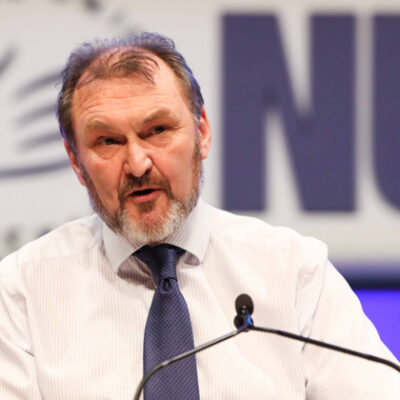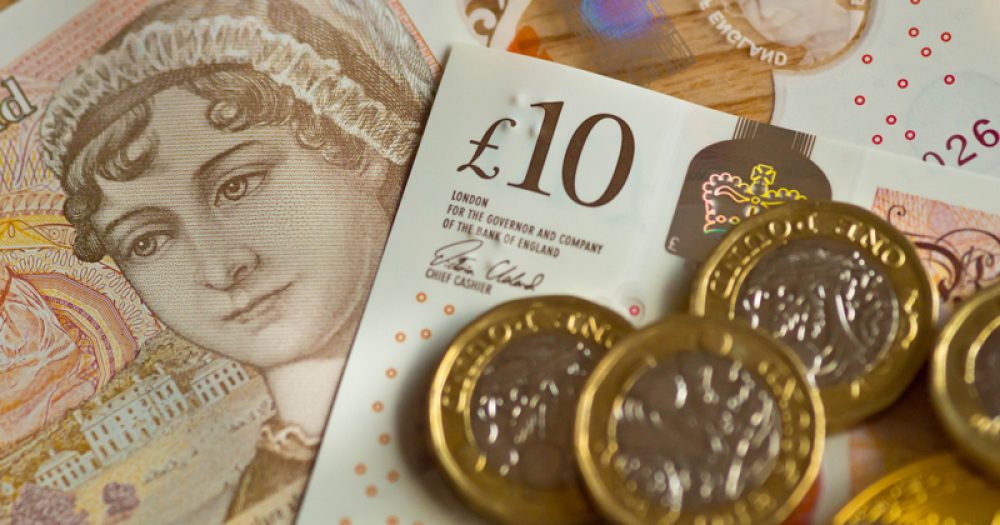The government has announced a 5 per cent pay rise for most teachers next year, an increase on the 3 per cent originally put forward, but still well below current inflation.
Starting salaries will rise by 8.9 per cent as planned, as part of the pledge to raise starting pay to £30,000. This means teachers early in their career will receive rises of between 5 and 8.9 per cent.
More experienced teachers and leaders will receive rises of 5 per cent, which the DfE said was equivalent to an increase of almost £2,100 on the average salary of £42,400 this year.
However, the improved rise is still far below the current rate of inflation, which stands at 9.1 per cent, and unions have said they will consult their members on possible industrial action.
The Institute for Fiscal Studies said the 5 per cent rise for most teachers would “likely amount to a real-terms cut of 3 per cent in 2022 and a total real-terms cut of nearly 12 per cent since 2010”.
Schools are also not expected to receive extra cash to cover the increased rises, with the government pointing to its existing funding settlement, which will see per-pupil funding rise by just 1.9 per cent next year.
DfE had asked for 3% rise for most teachers
In his evidence to the School Teachers’ Review Body, former education secretary Nadhim Zahawi originally proposed a large rise in starting salaries, but a smaller 3 per cent rise for those on the upper and leadership pay scales.
Today’s announcement follows reports that Zahawi, before he was promoted to chancellor, had argued for a more generous rise for most staff.
In its report, the STRB said it was “necessary and appropriate to exceed the government’s proposed general pay increases for experienced teachers in order to address the risks to teacher supply while balancing the needs of affordability”.
Education secretary James Cleverly said teachers were “the fabric of our school system and it is their dedication and skill that ensures young people can leave school with the knowledge and opportunities they need to get on in life”.
“We are delivering significant pay increases for all teachers despite the present economic challenges, pushing teacher starting salaries up towards the £30,000 milestone and giving experienced teachers the biggest pay rise in a generation.
“This will attract even more top-quality talent to inspire children and young people and reward teachers for their hard work.”
Unions plan to consult members on industrial action
Teaching unions had threatened to ballot for industrial action if their members don’t receive inflation-busting settlements.
And today, Geoff Barton, general secretary of school leadership union ASCL, said his organisation would be “consulting our members to see whether they wish to take industrial action in response to this decision”.
“This pay award is wholly inadequate and represents the worst of all worlds – a substantial real-terms pay cut for the majority of teachers which will worsen teacher shortages, and no additional money for schools to afford the cost of the award thereby exacerbating the dire financial situation they face because of rising costs.”
Kevin Courtney, general secretary of the NEU said today that following the “very poor pay proposal, we will look towards consulting our members in the autumn”.

“We want James Cleverly to engage with us directly and negotiate. We remain ready and stand ready to do that. But if it continues on this course into September, we will have no hesitation in recommending that our members take action.”
Sector leaders warn unfunded rise will force cuts
The DfE claimed today that the 5 per cent rise for experienced teachers was a “responsible solution to both supporting teachers with the cost of living and the sound management of schools’ budgets”.
“By contrast, double digit pay awards for public sector workers would lead to sustained higher levels of inflation. This would have a far bigger impact on people’s real incomes in the long run than the proportionate and balanced pay increases recommended by the independent pay review bodies now.”
But Leora Cruddas, from the Confederation of School Trusts, warned the pay settlement was “not affordable within existing resources, especially in the context of unprecedented energy costs and other inflationary pressures for schools”.
“It is essential that the government commits to a funded pay settlement. Without funding to meet this pay settlement, many schools and trusts will not be able to set a balanced budget.”
And Paul Whiteman, from the NAHT leaders’ union, said the rise “will put enormous and unsustainable pressure on school budgets”.
“Ultimately this could lead to a situation where schools are having to consider cuts to essential services or even redundancies.”
Zahawi had originally asked the STRB to make recommendations for the next two years, but the DfE announced today it had abandoned that plan and returned to the “usual timeframe for the pay setting process for 2023/24”.
The STRB had recommended a 3 per cent rise for experienced teachers and higher rises to starting salaries for 2023.
















Our Trust just can’t afford these rises. We had the big jumps budgeted for the lower scales and 3% for UPS.
What about support staff as many of us teach aswell??? We are the lowest paid but expected to do more that our job role